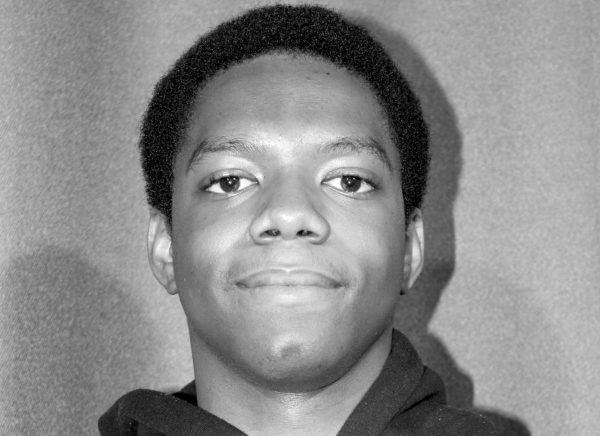The UEFA’s European Football Championship, informally known as the Euros, is the main football tournament held by the Union of European Football Associations. Originally founded in 1955 by Gabriel Hanot, the competition has evolved over the decades, with the current format officially inaugurated in 1992 in Basel, Switzerland. With its deep history, recent changes to the tournament structure aim to enhance the experience for players and fans. However, there are major concerns about the new changes.
The biggest change comes with the tournament expanding from 32 teams split into groups to 36 teams in a single league format. Each team will now play eight matches — four at home and four away — against different opponents. This is a change from the previous system of facing the same teams twice.
This new approach not only allows more clubs to participate but also promises a bigger range of matchups, leading to a more competitive tournament for players and viewers.
Aside from increasing the game and team opportunities for clubs, this change is also a financial strategy. More matches mean more broadcasting money coming in, which will benefit larger clubs that typically take up a huge part of air time.
By offering fans a greater variety of thrilling games over a longer period, the Champions League aims to broaden its appeal and profits, setting the stage for a bright future in European football.



